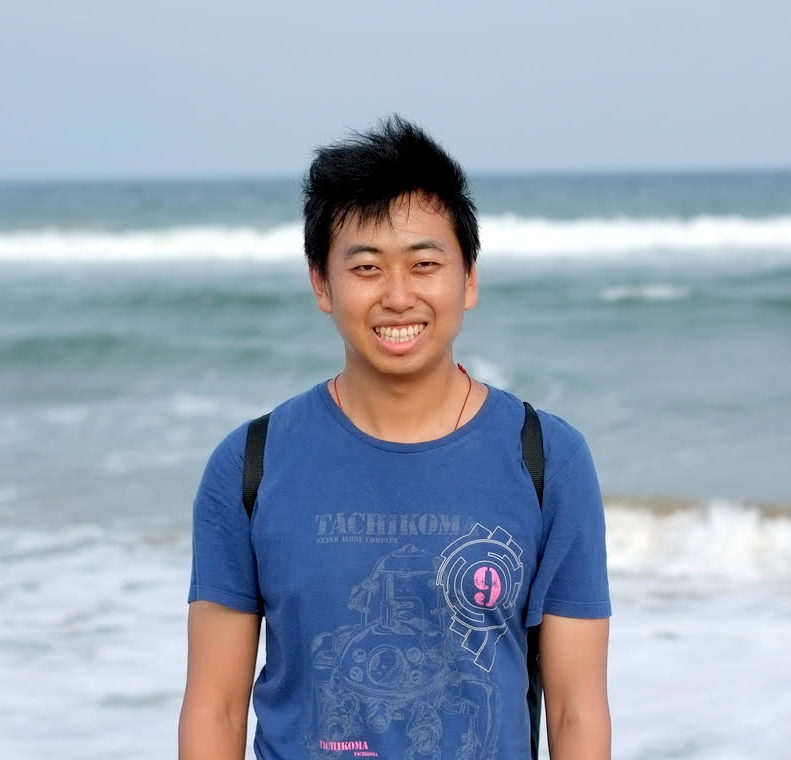I am a logician at the Department of Philosophy of Peking University. Currently, I am a professor of logic and the vice-chair of the department, the director of Center for Logic, Language, and Cognition at Peking University, and the deputy director of the PKU Centre for Philosophy and the Future of Humanity. I am also an associate editor of the Philosophical Logic (see story) and the Journal of Logic, Language and Information.
My research mainly focuses on modal logic and its applications in philosophy, theoretical computer science, and AI. In recent years, I have been trying to systematically propose and study logics of know-wh, such as knowing how/why/what/who, and so on. The core idea is to introduce the so-called bundled modalities which pack a quantifier and a modality together. This also leads to a family of new decidable fragments of first-order modal logic and a general approach to unpacking intuitionistic logic, inquisitive logic, and related non-classical logics as epistemic logics. Here is my CV. You can also find my papers at DBLP, Scopus, Google Scholar, ORCID, Mathematical Reviews, Philpaper, and Researchgate. My Erdős number is 3.
北京大学哲学系教授、副系主任、学术委员会委员,北京大学逻辑、语言与认知中心主任,外国哲学研究所学术委员会委员,中国逻辑学会副会长,中国数学会数理逻辑专业委员会副主任。
入选国家“万人计划”哲学社会科学领军人才、“四个一批”人才、国家“万人计划”青年拔尖人才支持计划。获第九届高等学校科学研究优秀成果奖(人文社会科学)论文著作类二等奖。
研究领域:模态逻辑的基础理论及其在哲学、理论计算机以及人工智能中的应用,以及其他让我觉得好玩的问题。
We should aim to be logicians with the capital L: sensitive as linguists, think like philosophers, prove theorems like mathematicians, and make the results work like those of computer scientists. At least go beyond what ChatGPT and its logic-enhanced future iterations can do 🙂
In particular, I think philosophical reflections and mathematical abilities are equally important for good work in logic. My personal taste in research is to maximize the following (note the order):
Conceptual importance minus technical complexity
This means that given the conceptual importance of a problem, I will try to minimize the technicality of solving it, as one should be able to prove things in a relatively neat way based on thorough understanding. It also means I don’t work on problems just because they are technically hard. For me, conceptual importance always comes first (which may well require very sophisticated techniques).
